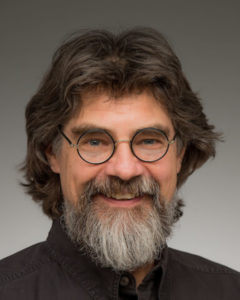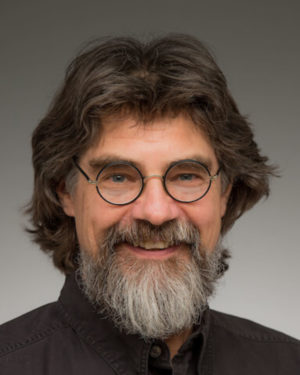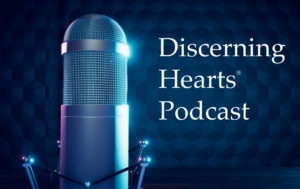Podcast: Play in new window | Download (Duration: 31:11 — 21.4MB) | Embed
Subscribe: Apple Podcasts | Spotify | Amazon Music | Android | Pandora | iHeartRadio | JioSaavn | Podchaser | Gaana | Podcast Index | Email | TuneIn | Deezer | Anghami | RSS | More

Episode 2 – Liturgy as the Mystical Encounter – Pathway to Sacred Mysteries with Dr. David Fagerberg Ph.D.
Dr. David Fagerberg and Kris McGregor discuss liturgy as the mystical encounter with our spouse, with our bridegroom Christ
Here are some of the topics explored in this episode:
What melody is this liturgy supposed to be creating?
What is Liturgical Asceticism?
The influence of the Desert Fathers and St. Benedict of Nursia.
Who’s liturgy should we be doing on Sunday morning?
Whose liturgy should we be doing in our lives?
From the discussion with Dr. Fagerberg:
There’s an ascetical effort and the mystical takes flight. I’ve seen pictures of birds that take lots and lots of steps. Oh, I’ve seen them take off from water. We might as well go back to baptismal imagery. Here’s the bird running along the surface of the waterfall. He’s flapping his wings and then takes off. the feet are the asceticism and the wings are mysticism.
More taken from the discussion:
The mystery of Christ, it sounds like the faithful are enabled to be mystics. So the definition finally arrives in 10 69. The word liturgy originally meant a public work, a service in the name of, or on behalf of the people. This was a Schmiemann phrase. The liturgy is the work of a few on behalf of the many. In ancient Rome, paying your taxes was called the liturgy. This was what you did for the sake of the public polis space. When the rich, sponsored a civic improvement project and made new roads, or when they sponsored a series of games in the Coliseum, not killing Christians, I presume, but chariot races, this was called their liturgy. It’s their contribution for the good of the city. Someone is doing a work to benefit others.
That’s the definition of the word liturgy. According to Catechism 10.69, which continues in Christian tradition, it means participation of the people of God in the work of God, the work of a few on behalf of the many, in this case, the work of three, Father, Son, and Holy Spirit on behalf of the human race, which stands cut off from God, alienated in death. The Father’s will is to destroy death and raise us to return a life through the Son and the Holy Spirit. And the work of salvation has unfolded from the bossom of the Father. So through liturgy Christ, our Redeemer and high priest continues the work of our redemption in, with, and through his liturgy. Through the liturgy, Christ continues his work of redemption. So who’s liturgy should we be doing on Sunday morning? Not mine, not yours. Christ’s work of redemption should be continued. Christ. When I meet my neighbor, I must be via Christ to him. She must be a Christ to me. This expands beyond the 50 minutes and the mystery, which Christ enacted by his passion, this pasta is a mystery that takes us up into it. And that’s why we’re mystics.
For more podcast episodes of this series visit the
Pathways to Sacred Mysteries w/Dr. David Fagerberg page
David W. Fagerberg is Professor in the Department of Theology at the University of Notre Dame. He holds masters degrees from Luther Northwestern Seminary, St. John’s University (Collegeville), Yale Divinity School, and Yale University. His Ph.D. is from Yale University in liturgical theology.
Fagerberg’s work has explored how the Church’s lex credendi (law of belief) is founded upon the Church’s lex orandi (law of prayer). This was expressed in Theologia Prima (Hillenbrand Books, 2003). He has integrated into this the Eastern Orthodox understanding of asceticism by considering its role in preparing the liturgical person. This was treated in On Liturgical Asceticism (Catholic University Press, 2013). And these two themes come together in Consecrating the World: On Mundane Liturgical Theology (Angelico Press, 2016).
He also has an avocation in G. K. Chesterton, having published Chesterton is Everywhere (Emmaus Press, 2013) and The Size of Chesterton’s Catholicism (University of Notre Dame, 1998).







